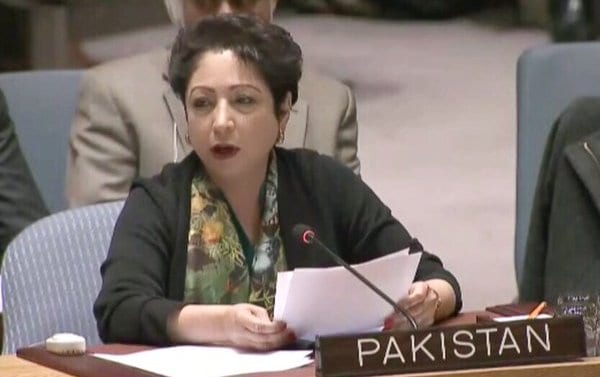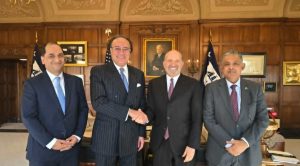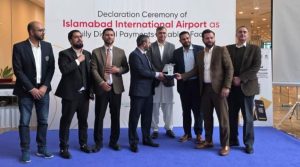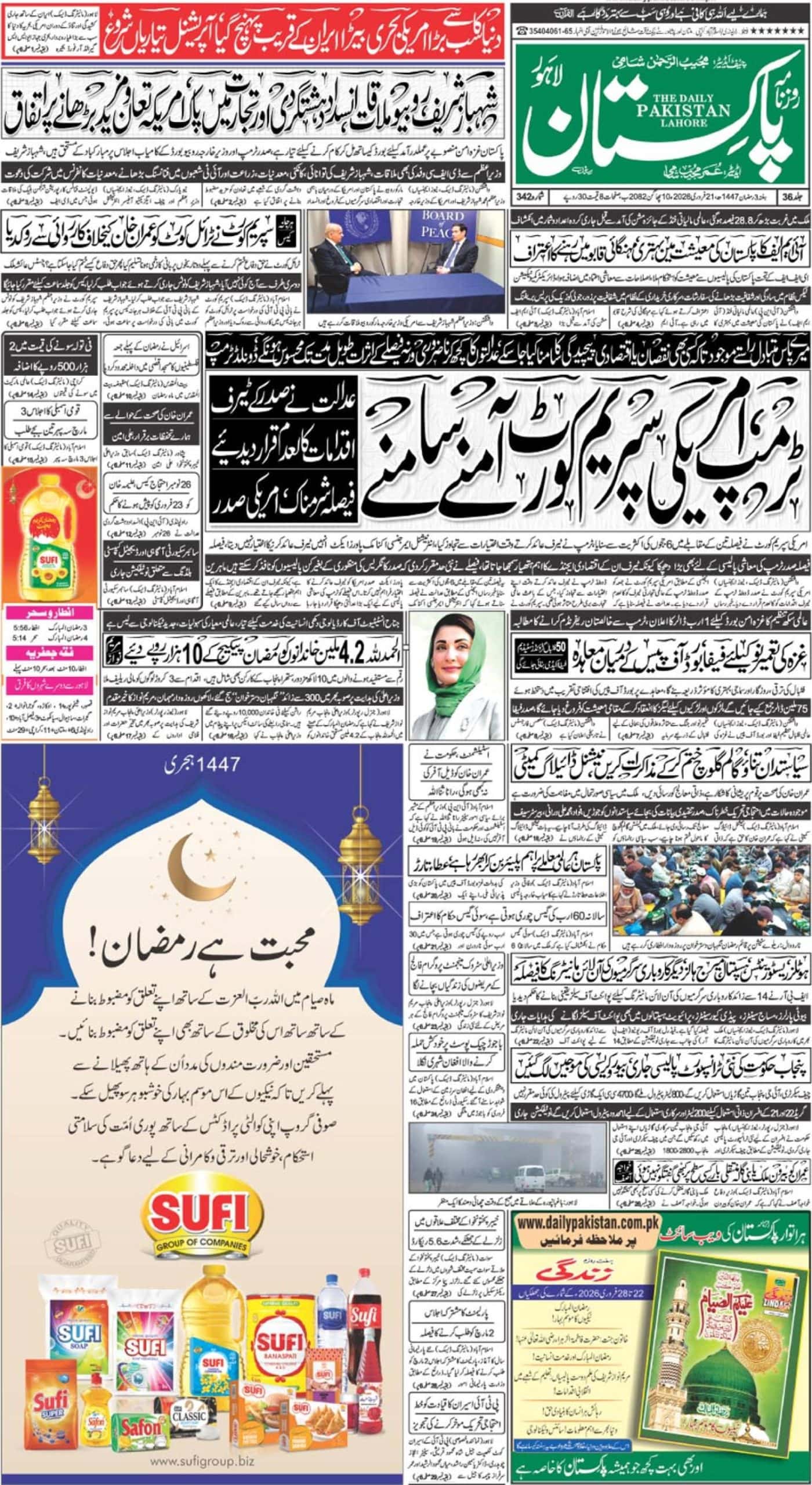At the UN, Ambassador Maleeha Lodhi said that some nuclear weapons states are intent upon upgrading and modernising their inventories while preaching non proliferation to others.
Pointing to this “nuclear doublespeak”, Pakistan’s Ambassador to the UN, said that the global disarmament agenda was being impeded by lack of progress by the nuclear weapons states in fulfilling their legal disarmament obligations.
Speaking in the annual Session of the United Nations Disarmament Commission, she reiterated Pakistan’s principled opposition to an unequal and discriminatory Fissile Material Cut off Treaty (FMCT), saying that some states have chosen to call for commencement of negotiations to divert attention from their failure to comply with their legal disarmament obligations.
Explaining the rationale of Pakistan’s misgivings about an FMCT as envisaged at present, she said a cut-off only treaty would freeze the status quo to Pakistan’s permanent disadvantage and negatively affect strategic stability in South Asia.
For Pakistan, a treaty on fissile material concerns our vital security interests, Ambassador Lodhi stressed. Among the states that possess nuclear weapons, most have either announced a unilateral moratorium on the production of fissile material or attained a level of comfort through continued national production and conclusion of special arrangements. It is only after amassing tons of fissile material, far in excess of any foreseeable defence need, that they were converted to the cause of FMCT, she pointed out.
Ambassador Lodhi also drew attention to the grant of discriminatory waivers as a key challenge to long-held non-proliferation norms and rules, saying that such waivers carry obvious proliferation risks. Many States, she said, continue to pursue these policies of granting waivers and exemptions, thus contributing to insecurity and imbalances in certain regions – especially in South Asia, where military expenditures are rising and conventional weapons inventories are expanding.
“Disruption of strategic stability in South Asia by induction of nuclear weapons in our neighborhood fundamentally challenged my country’s security. We were left with no option but to follow suit in order to restore strategic stability in the region and deter all forms of aggression”, she added.
Ambassador Lodhi regretted that none of the proposals made by Pakistan over the years to keep South Asia free of nuclear weapons and missiles elicited a positive response.
She recalled Prime Minister Nawaz Sharif’s address to the UNGA last year in which he had underlined Pakistan’s resolve to maintain strategic stability in the region. “Guided by our commitment to the principles of non-proliferation, and with the aim of maintaining peace and stability in the region”, she said, “Our Prime Minister expressed readiness to agree on a bilateral arrangement between Pakistan and India on a nuclear test ban. This awaits a response”.
Pakistan’s nuclear conduct “continues to be defined by restraint and responsibility, and avoidance of an arms race”, she added.
She concluded by recalling that Pakistan has the requisite credentials and expertise to be part of international export control bodies and has therefore, as a first step, sought membership of the Nuclear Suppliers Group (NSG). She urged the NSG to establish and adhere to a transparent, objective and non-discriminatory criterion that ensures equal treatment of non-NPT applicants for the Group’s membership.













